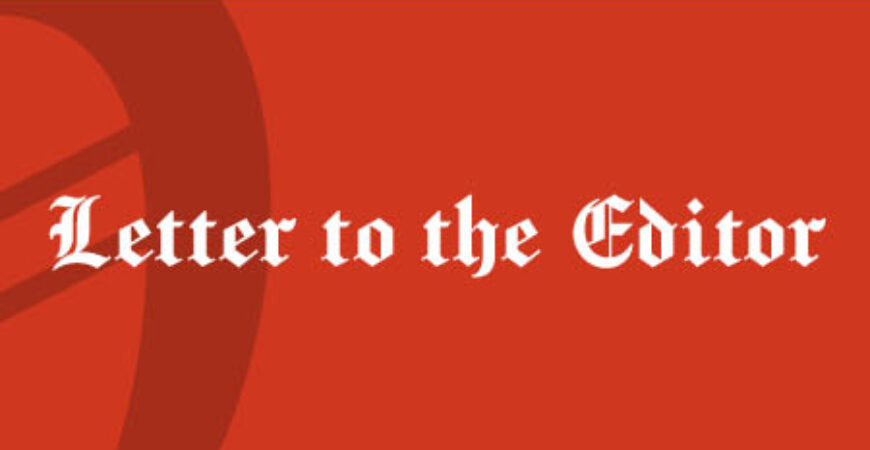The downfall of North Carolina Public Education began at least 20 years ago with the passage of the North Carolina Education Lottery (NCEL). Let’s take a quick look back. In 2005, the NCEL was passed under Democratic leadership with Lieutenant Governor Beverly Perdue casting the tie vote while two Republican legislators were absent. The understanding was that the lottery funds would supplement the general fund allocation to the public schools, but it is the consensus that the lottery funds replaced the educational funds in the general budget. The initial plan was to allocate 35% of the lottery funds to education. However, that plan was scrapped in 2007 and “changed to a guideline, removing legislation that safeguarded lottery funds strictly for educational purposes.” The allocation of lottery funds to public education since 2007 has averaged 20+ %.
In 2023-2024, the lottery brought in $5.38 billion in sales and allocated 20.3% to education, $1.09 billion, but 35% would have been $1.88 billion, a difference of an additional $.79 billion to public education. The balance of the lottery revenue, 79.7% was spent on lottery prizes, administrative costs and retailer commissions. In 2024, the average lottery salary was $83,293, and the highest salary was $281,460. Can you even believe these salaries compared to the average North Carolina teacher salary of $58,292 for year 2024 for teachers who have taught from one to 30 plus years? The average North Carolina teacher is $13,738, less than the national average of $72,030. North Carolina’s average teacher pay dropped to 43rd in the nation. I think that the lottery operational cost must be reduced to 65% and 35% be reinstated for education and teacher pay. The original sales pitch for the NCEL was to fund public education.
Our legislature continues to reduce teacher pay by removing longevity pay (2014-15), removing the master’s degree pay for new hires (2014-2015), failing to fully fund health insurance for public school personnel, and removing health insurance benefits following retirement for individuals hired after Jan. 1, 2001.
NCEL funds have also been used to fund the State Department of Public Instruction, the State Board of Education, a shortfall in Medicaid, and the North Carolina Scholarship Program (NCSP), which was initiated by the legislature in 2013 to provide families with limited finances to attend private schools. Now the NCSP funds are available to families with no financial restrictions. To date, approximately one-half billion dollars has been sent to private schools for the NCSP. It is estimated that by 2032-33, $7,000,000,000 will be sent to private schools, while North Carolina Public Schools serve 84% of the students and are the lowest-funded public schools in the nation. Unbelievable.
One more fact, the Republican Legislature has been in power for several years and still cannot pass a budget by July 1, of each year. Unbelievable.
Alice Smith Scott,
Pink Hill, North Carolina
 Twitter
Twitter Facebook
Facebook Instagram
Instagram






